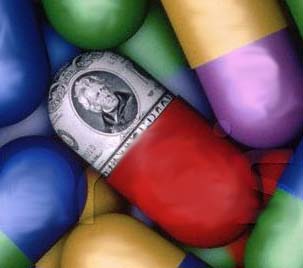 |
| Mary Szela. Image credit: packworld.com |
“Me, too drugs” are already semantically impaired, implying cheaper reproductions of an original drug, a circumvention of intellectual property, and an imitative response to the market for marked-down drugs.
 |
| Mary Szela. Image credit: noiselabs.com |
These negatives aside, consumers are wont to try them for the cost and the promise of difference, such as easier or absent side effects. Besides, the tenets of free market competition abet their purpose. No single pharmaceutical company could face down challenges to its monopoly, no matter how pioneering it is. Imagine Mary Szela and her colleagues at Abbott Laboratories working up marketing and legal funds to plug the influx of like-structured drugs. The idea is downright ridiculous, and if pharmaceutical monopoly should be the scenario, then the case might as well be extended to soap and toothpaste.
 |
| Mary Szela. Image credit: foxnews.com |
There is, however, a magnetic point the opposition makes. Anent the delicate nature of healthcare, “me, too drugs” suffer a lack of regulation, therefore a scientific risk. A single drug existing in the market is easier to control and evaluate for both function and effects. The state could focus better on its improvement, stake its claim on prescriptions by deploying its own experts. Meanwhile, evaluating a deluge of imitation drugs should feel like sifting rice for the worthwhile grains.
Mary Szela has held many positions in Abbott Laboratories. See her updates on Facebook.
No comments:
Post a Comment